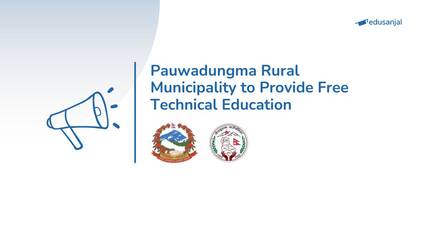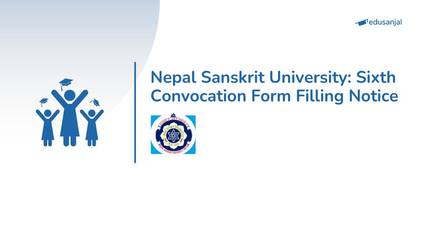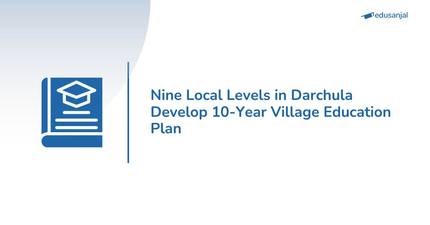The government has taken a significant step towards inspecting the scholarships offered in medical education. It has decided to establish a dedicated task force to investigate the intricacies of these educational grants provided by the state.
The initiative, spearheaded by the Ministry of Education, Science, and Technology's Ministry-Level Development Problem Solving Committee, marks a pivotal move towards ensuring transparency and effectiveness in the allocation of resources for medical education scholarships.
The decision to form this task force comes in light of observations indicating substantial expenditure from the state treasury towards scholarships in medical education. Recognizing the need for a comprehensive study, the Ministry of Education's Secretariat has underscored the importance of evaluating the current scholarship system.
Furthermore, a high-level meeting convened to address pertinent issues surrounding budget allocation highlighted the necessity to review and streamline coordination among agencies. Emphasis was placed on identifying duplicate items within budget lines and presenting detailed progress and expenditure reports during deliberations between the ministry and its affiliated bodies.
In addition to these measures, the meeting emphasized the imperative of assessing the impact of ongoing programs on student learning outcomes. This forward-looking approach aims to optimize the utilization of resources and enhance the quality of education in the medical sector.
Moreover, efforts are underway to promote research findings conducted by various institutions pertinent to programs implemented by ministry-affiliated agencies. These findings will be leveraged to formulate program proposals and implementation plans, fostering a culture of evidence-based decision-making.
In a bid to engage stakeholders and solicit valuable feedback, surveys will be conducted among students, parents, teachers, and professional communities. This inclusive approach seeks to ensure that the concerns and perspectives of all relevant parties are duly considered in the decision-making process.
As part of the government's commitment to accountability and performance evaluation, agencies are mandated to devise weekly log frames for program implementation. Striving for excellence, agencies are tasked with meeting predetermined milestones and delivering on commitments, with performance evaluations now focusing on achieving 100% completion rather than penalizing incomplete tasks.













